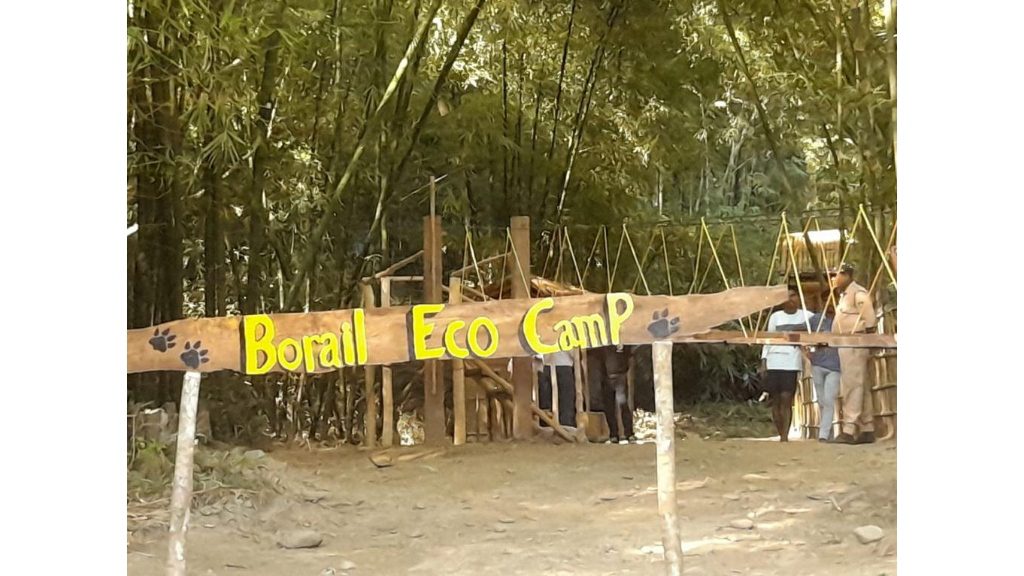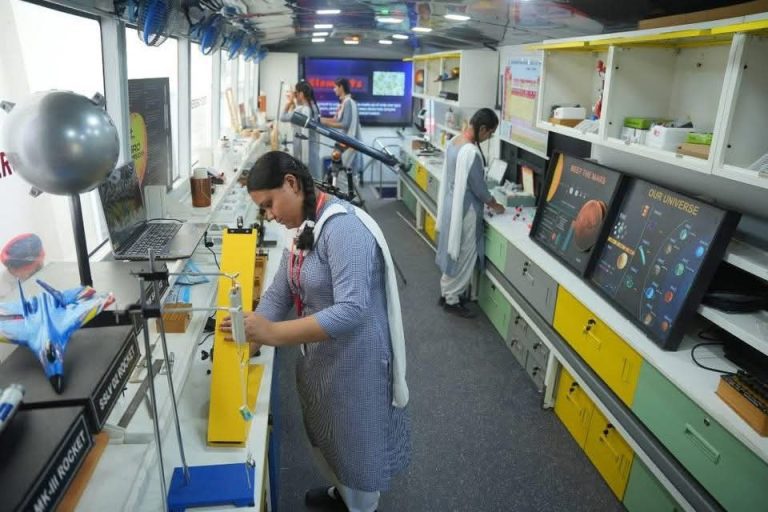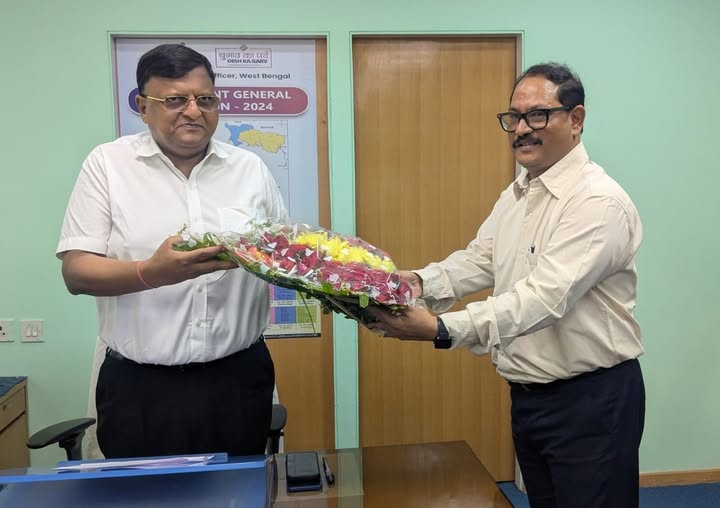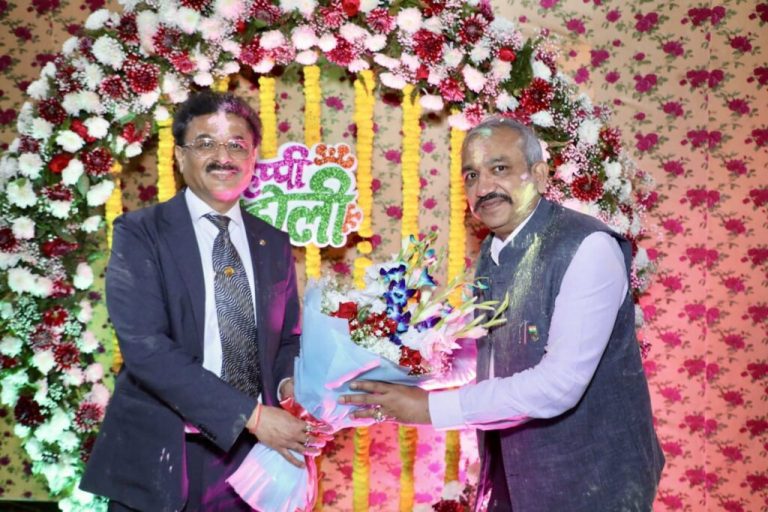In accordance with the Assam government’s policy to promote ecotourism in all potential areas to generate livelihood for the locals, the Borail Eco-Camp was inaugurated on 11 November in the Cachar district of the state. The eco-camp is located in the Borail Wildlife Sanctuary, one of the lesser known protected areas amongst the luscious green forests in Assam and home to the only ape in the country – Hoolock Gibbons.
Located in the Barak river valley in Southern Assam, the fringe areas of the sanctuary are home to indigenous people who have been leading a nature integrated lifestyle and are keen to showcase their native culture and traditional practices. To integrate these people into the development and promotion of the Borail Wildlife Sanctuary, by ensuring sustainable generation of livelihoods, the Borail Eco-Camp was conceptualized by the forest department of Southern Assam Circle.
In interactions with Indian Masterminds, Chief Conservator of Forests of Southern Assam Circle, Mr. Sivakumar Periyasamy, a 2000-batch IFS officer, and District Forest Officer of Cachar, Mr. Tejas Mariswamy, a 2013-batch IFS officer, outlined the basic purpose and the special features of the eco-camp.
PROMOTING ECO TOURISM IN BARAK VALLEY
The eco-camp was conceptualised at the beginning of 2022 and is formally opened from today, 11 November, after inauguration by local MLA Mihir Kanti Shome (Udharband constituency), who also went around the campsite along with other dignitaries and forest officials.
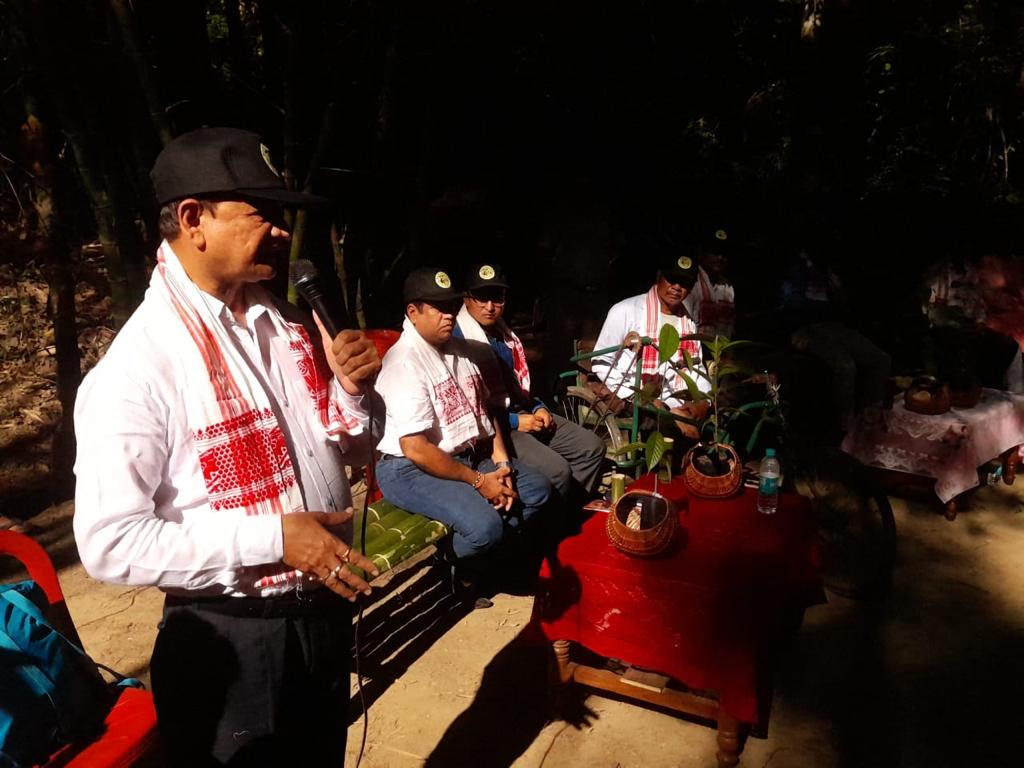
CCF Sivakumar Periyasamy said, “This is the first initiative to promote ecotourism in the Borail area with the support of the fringe community. Barak Valley is a high potential area for such type of intervention. It is part of our plan to strengthen the Guwahati-Shillong-Barak Valley-Dima Hasao-Kaziranga tourist circuit.”
WHAT’S ON OFFER BESIDES STUNNING LOCATION
What makes the eco-camp stand out is its stunning location. Crystal clear river water invites visitors to take a dip and swim in its pleasantly cool depths, or use their fishing skills to test their patience!
Set in the midst of the pristine Borail Wildlife Sanctuary, the camp has lots to offers to the nature and adventure lovers. Besides the thrill of living in a forest, guests and visitors can also experience life in a traditional Khasi village, exploring the simple yet happy village lifestyle, and enjoying their unique cuisines, songs and dances. And, the evenings can be spent beside warm flickering campfires enjoying traditional sundowners.
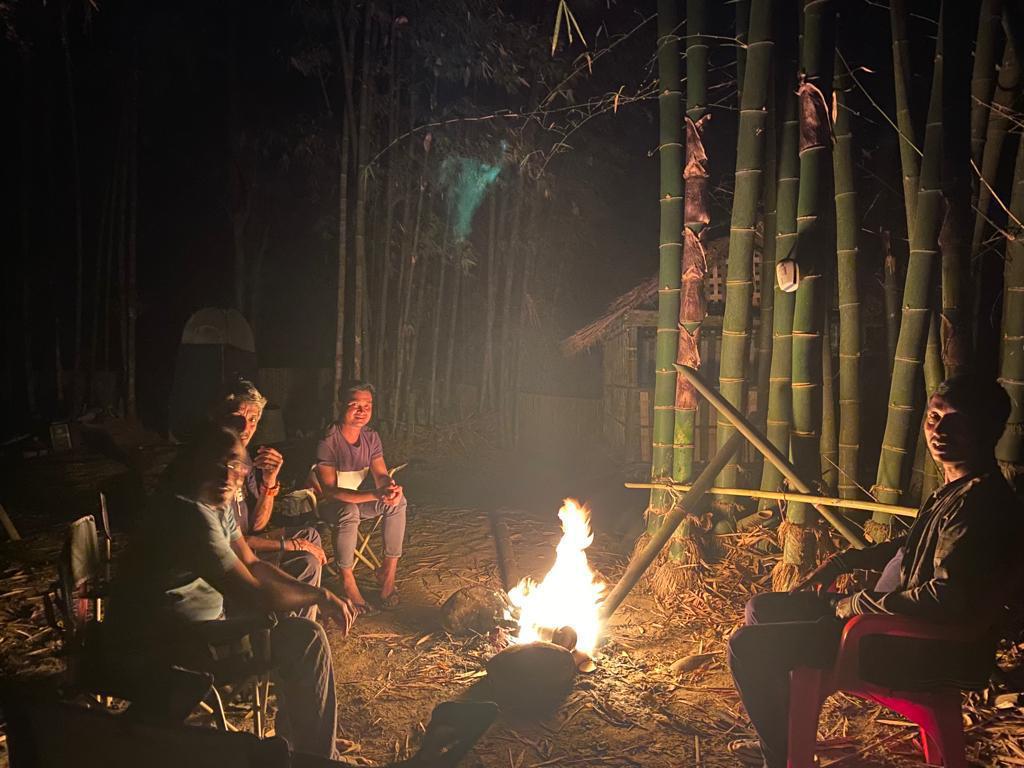
For the sports and fitness enthusiasts, there are guided trekking, escorted nature walks, and a playground to play badminton or volleyball with the locals. And, there’s also a coffee hut where one can enjoy a book and a cuppa together, to enhance the joy of reading. There’s something for everyone, woven around enriching natural and cultural experiences.
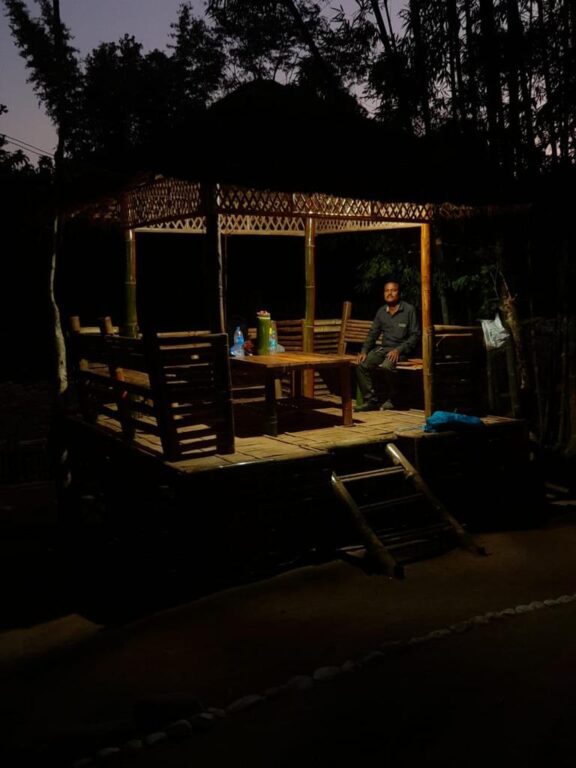
RUN BY THE LOCAL COMMUNITY
The USP of the camp is a fine confluence of community involvement, conservation, and sustainable tourism. It is going to be fully operated and run by the villagers of Indiranagar, a small hamlet of 32 families situated at the fringe of the Borail forest, on the banks of Doloo river.
Of Khasi origin, the villagers are a judicious mix of traditional practices and modern thought process brought about by education. The youngsters all speak English, sing Khasi and English songs, and are expert at climbing tall betelnut trees and catching fish with bare hands!
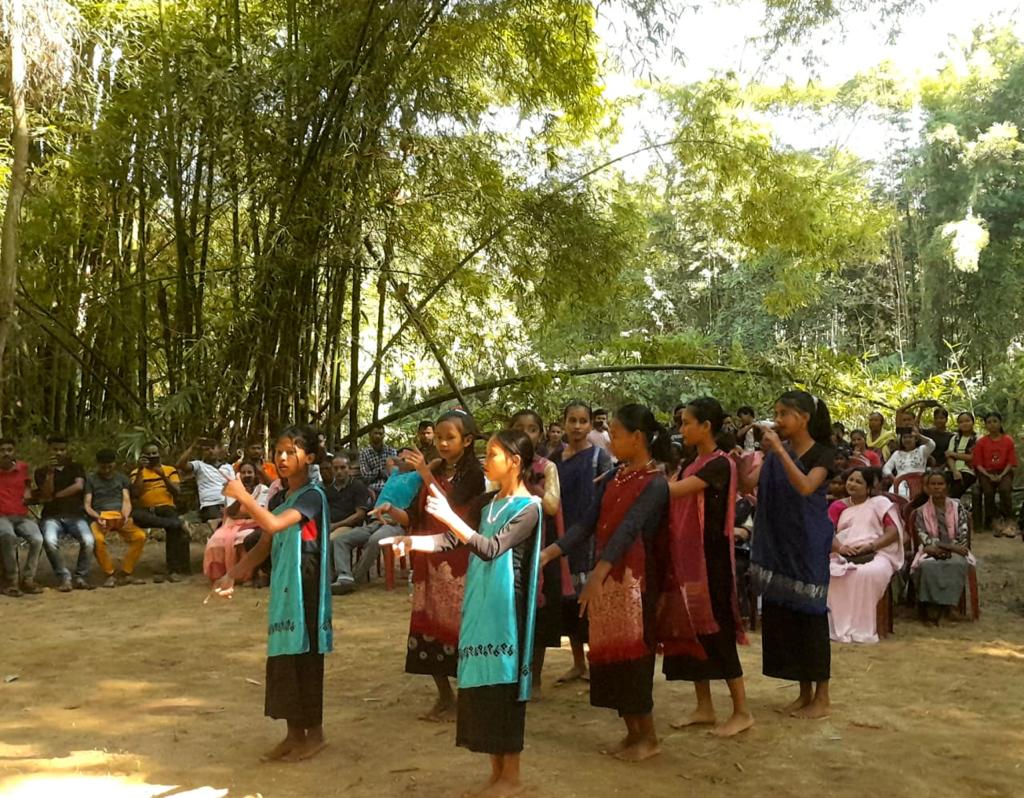
An Eco Development Committee has been especially formed from among the villagers for managing the campsite. The entire revenue generated from the camp will go to this committee. “We had sent the committee members for training on hospitality and tourist management to Pratam Institute in Pench, Maharashtra. In the beginning, maybe for a year or two, we are going to do some hand-holding, but, move aside later, to let them run the campsite completely on their own,” said DFO Tejas Mariswamy.
LOW IMPACT TOURISM
The eco-camp also happens to fall in the category of low impact tourism as it is designed to be cost effective and nature-dependent. “We use solar energy and natural stuff like tents and bamboo huts. We prefer to stick to eco-friendly products,” Mr. Mariswamy said.
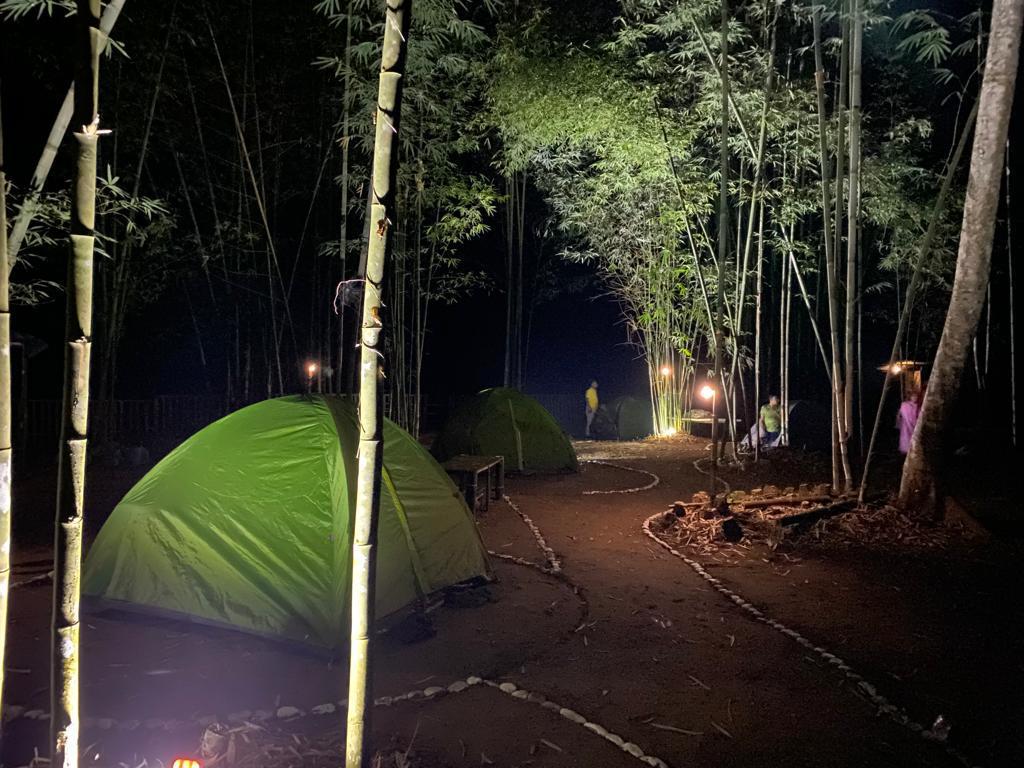
The Borail Eco Camp is now open for booking at the official website: www.visitborail.org.

